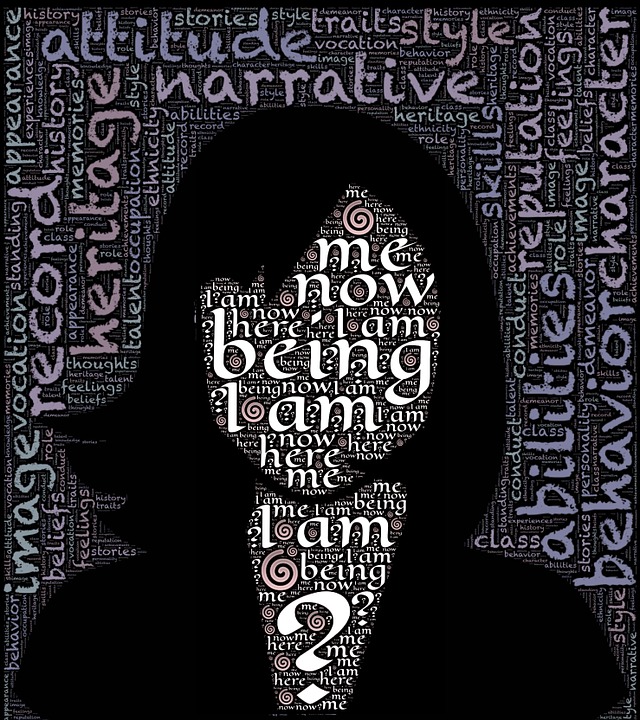The traditional Shabbat Torah reading this week is the section called Chayai Sora – our early history after the life of our matriarch Sora, or Sarah. We meet up with a number of key figures in the unfolding saga of what was to become the Jewish people. They include Eliezer, the trusted servant-disciple of Abraham, and Lavan, the brother of Abraham, and Sarah’s daughter-in-law, Rivkah.
Within the passages of the Torah are explicit lessons and laws as well as subtle glimpses into the values and standards of people with varying lifestyles. I share here an insight, an idea derived from within the Torah’s reference to Lavan. It is very much a subtle inference yet I find it edifying in a sobering way.
When the stranger and traveler Eliezer arrives unannounced at the oasis ruled by Lavan, a pagan devotee of the local idols, he is greeted by his host who assures him that he can enter his dwelling because he has “cleared it out.”
When one checks into a motel, we want assurance that the bed linens have been changed, the carpet vacuumed, the electricity operating; it would seem strange for the front desk to declare that the room has been “cleared out.” It is on that atypical phrase that our Sages clarify that Lavan was an idolater and he was intent on assuring his visitor that the house was now clear of his icons and pagan artifacts.
Now, not knowing anything about his guest, one would wonder why he would rid his place of his own religious items. Why not assure his guest that the room is replete with all of the materials he needs to pray, sacrifice and worship (not unlike those hotels which stock their rooms with a bible for those who seek one)?
One approach here is to recall that Eliezer was a stranger, and as such, likely had his own local religion, and would not be familiar with the regional deity worshipped by Lavan and clan. As such, Lavan reasoned, it might be offensive for his guest to find himself surrounded by pagan icons which represented a cult other than his own. So, Lavan, not to offend the beliefs of his visitor, assured him that he had gotten rid of all of his own religious items.
I once attended a conference for Orthodox mental health professionals, during the December holiday week, in a large hotel. Trust me, the lobby retained its large tree and its colored lights and wreaths. The management was respectful but had no interest in “clearing out” their own religious symbols. Had they informed us that they had “cleared out the house” and put their tree and icons in storage, we would not have felt respected. We would have questioned whether the owner was truly a devout member of his faith. Respecting people is important, but loyalty to one’s own faith and its tenets is meant to be a priority. We do not expect one to clear out or marginalize those possessions which mark the importance of their personal belief system.
This is a lesson to be derived from the words in the Torah which depict Lavan’s statement. His faith was of the sort that it could be set aside in order to accommodate the sensitivities of someone of another religion, and Lavan not only deprioritized his own religion so as not to offend his guest, but he actually announced that he was doing so, getting rid of any signs of his religion in order to show his guest honor.
In the frequent dialectic between our own G-d focused standards and our own interpersonal standards, many of us feel the tension, and are confronted with this same challenge. Do we set aside those practices which are a part of our transcendent spirituality and our faith tradition when in the company of others, so as to avoid making waves? Or, do we exhibit respect, tolerance and kindness while also maintaining an identity which is decidedly committed to full-scope Judaism and unwavering in its allegiance to our beliefs?
On a university campus, often far from home and family, and frequently exposed to challenge and confrontation, we can face the Lavan test and “clear out the place” to blend in, or we can be “clear about our place.”
Rabbi Dr. David Fox is rabbi of the Hashkama Minyan in Hancock Park, and a forensic and clinical psychologist. He has been a graduate school professor for close to forty years, is an author, and serves as a rabbinical judge. He directs Crisis and Trauma services for Chai Lifeline internationally.

